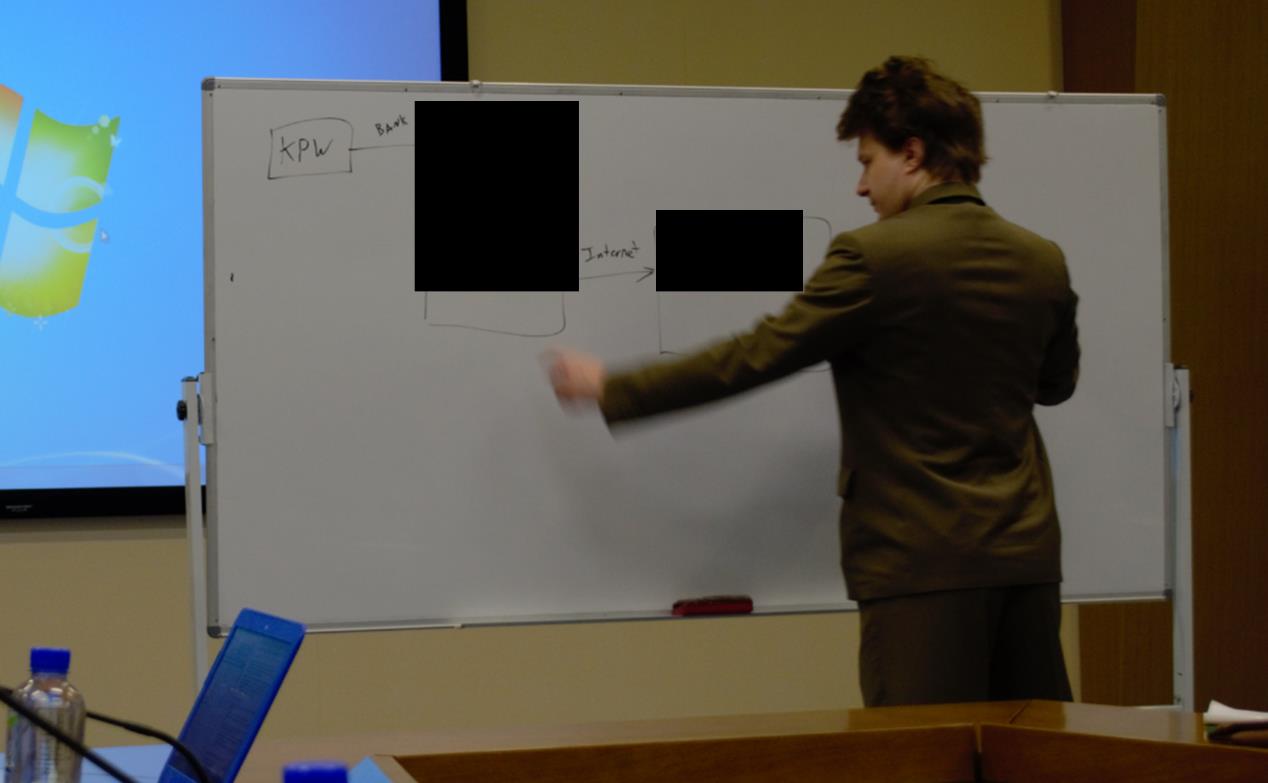Ethereum researcher Virgil Griffith was released from prison on April 9, as confirmed by officials from the Bureau of Prisons.
According to crypto developer Brantly Millegan, Griffith will spend a few weeks in a halfway house while he awaits the next steps of his parole process.
Griffith was apprehended in 2019 for delivering a lecture on blockchain technology and its potential to bypass US sanctions to an audience in North Korea.

Griffith with his parents shortly after his release from custody on April 9.
The US government alleged that Griffith breached the International Emergency Economic Powers Act (IEEPA) by providing North Korea with “highly technical information,” despite the fact that the content he presented was already accessible on the internet.
Griffith’s situation underscores the ongoing conflict between blockchain developers and state authorities as emerging technologies carve out new paths for individuals and nations to evade financial restrictions, censorship, and oversight.
Related: Crypto advocates urge Congress to amend DOJ regulations impacting Tornado Cash developers
Griffith’s legal struggles against US prosecutors
In January 2020, a US grand jury charged Griffith with conspiracy to violate the IEEPA, which empowers the Executive Branch to limit economic activities between US citizens and foreign entities considered adversarial to the United States.
Initially, Griffith pleaded not guilty to the allegations. His legal team filed a motion to dismiss the case in October 2020, asserting that Griffith did not violate the law by sharing what was already widely known information.

Griffith during a crypto-focused lecture in 2019 for a North Korean audience.
After a protracted legal fight lasting nearly two years, Griffith ultimately pleaded guilty to violating sanctions laws as part of a plea agreement with the US government in September 2021.
The researcher received a sentence of 63 months in prison and was fined $100,000 by the court in April 2022. However, the legal proceedings did not conclude there.
Two years later, in April 2024, Griffith’s attorneys filed for a sentence reduction, which US prosecutors opposed due to concerns that Griffith’s actions jeopardized national security.
Despite the objections from prosecutors, New York Judge Kevin Castel ruled in July 2024 to reduce Griffith’s prison term to 56 months.
Magazine: The FBI’s pursuit of Virgil Griffith for sanctions violations, an insider perspective
